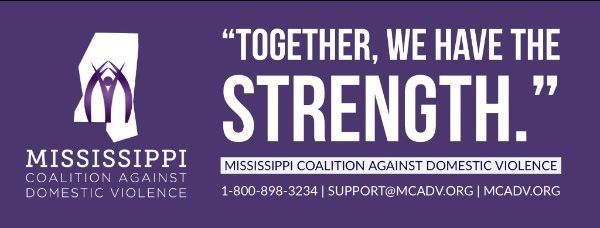
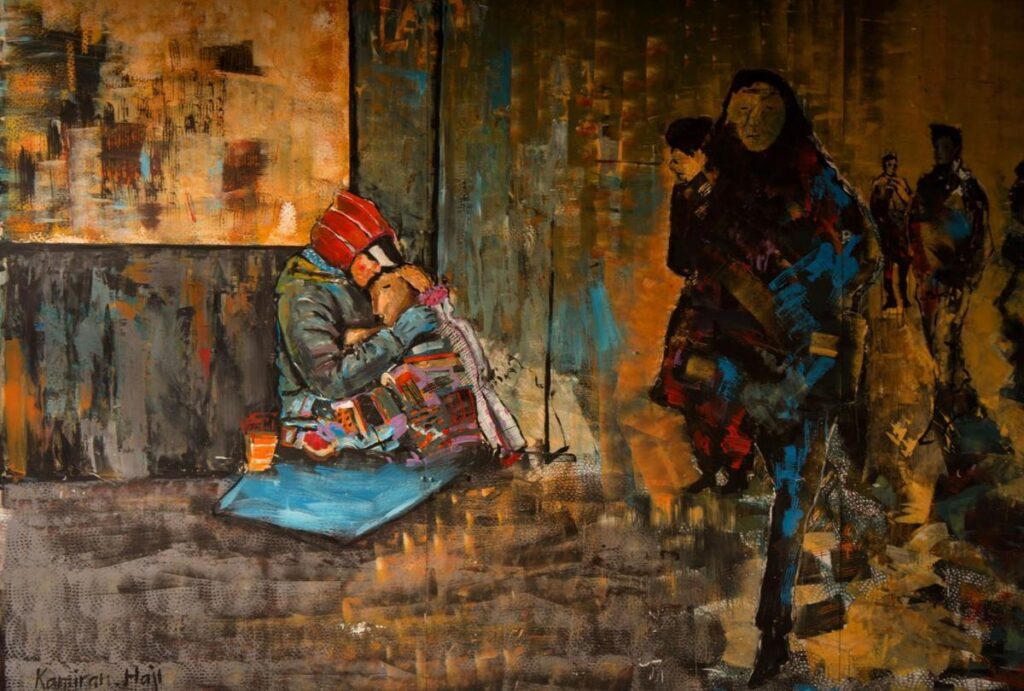
Domestic Violence and Homelessness
When women flee domestic abuse, they are often forced to leave their homes, with nowhere else to turn. The immediate need of a victim fleeing domestic violence is safety. Some survivors may be able to safely stay in their own home with some additional financial support through rental assistance. Others may require a stay in an emergency shelter or transitional housing program before re-entering their own independent housing. Women and children with limited economic resources, are at increased vulnerability to homelessness.
Housing is a primary concern for survivors of domestic violence. Very often, victims fleeing abusive relationships have limited financial resources and are left with no savings and bad credit. Many have been prevented from going to school or working outside the home, resulting in a lack of job skills or consistent work history. The lack of domestic violence and homeless shelter capacity in increasing numbers of communities across the country have left families with nowhere to escape their abuser. Staying with family or friends is not always an option for some victims because of their fear of being easily found by their abuser.
Landlords have been known to turn victims of domestic violence out of their homes because of the violence against them. Many victims face eviction after calling the police on their abuser or when there is property damage following a violent incident, making it harder for them to obtain housing in the future. Homeless families with histories of family violence have even faced housing discrimination while trying to put their lives back together and find permanent housing
Victims escaping domestic violence that also live with a disability often face challenges when accessing services. Studies have shown that shelters in older buildings are not always accessibly friendly. Additionally, victims with mental illness or experiencing addiction may be turned away from shelter accommodations. Research has shown that LGBTQ individuals trying to escape their abusers find significant difficulties in accessing needed accommodations due to various forms of discrimination. Furthermore, LGBTQ victims also expressed a reluctance to utilize domestic violence shelters because they have traditionally been geared towards servicing heterosexual women.
When an individual experiencing domestic violence decides to leave the relationship, they may find that they have no resources, no support network, and have no option but to sleep in their car or on the street. These survivors are not choosing homelessness; they are choosing survival. Lacking affordable housing and housing assistance, as well as discriminatory housing practices, limit domestic violence survivors’ housing options and increase their risk of becoming homeless. Supportive services make the difference between survivors who permanently escape domestic violence and those who are forced to choose between returning to the abuser and experiencing chronic homelessness. Having knowledge and access to these services can help lower a victim’s feeling of hopelessness and replace it with a sense optimism.
Additional Resources
National Alliance to End Homelessness
HUD Announces New Protections for Victims of Harassment and Survivors of Domestic Violence
16 Things You May Not Know About Housing for Survivors
NNEDV, Domestic Violence, Housing, and Homelessness

This Little Light of Mine
Most of us are familiar with the chorus, This little light of mine, I’m gonna let it shine. In a time of social distancing, it’s becoming more apparent that our little lights will be shining in separate spaces this holiday season. The collective in-person gatherings that traditionally characterize this time of year and are marked by special lights—candles, menorahs, string lights, sparklers—will certainly look different. For some, the fall/winter holidays are the most wonderful time of the year. For others, it’s a stressful, lonely season, filled with drudgery. For all of us, there will be necessary changes and adjustments. As we prepare for the coming weeks, the CDC has offered these helpful guidelines as we reframe celebrations.
In addition to preparing for fall and winter holidays, we at the Coalition are looking forward to supporting Mississippi’s shelters, administrators, and advocates. Our final Advocates Coffee Break of 2020 is scheduled for Wednesday, December 9, at 10 a.m. The topic is “DV, COVID-19, and the Holidays,” with presenters Krystal Hamlin and Anna Tillotson of Haven House Family Shelter. For those who live in Smith, Jasper, Jefferson-Davis, Covington, Jones, Wayne, Marion, and Greene counties, our Southern Mississippi Rural Women’s Health Collaborative is hosting a virtual Lunch and Learn, “A Pandemic Holiday,” December 17 at noon. This learning session will focus on domestic violence and sexual assault in rural communities. Additionally, we are excited to roll out our 2021 Training Calendar in next month’s newsletter.
We invite you to join us in letting our little lights of hope and gratitude to shine through the clouds of COVID and change. Together, we have the strength. Together, our lights shine brighter. For more information about MCADV trainings, contact paula.granger@mcadv.org.
Mississippi’s Shelters are Open!
Even during these unprecedented times, our Shelter Programs are dedicated to providing emergency shelter and supportive services to domestic violence survivors. The crisis lines remain open 24 hours a day and shelters are serving clients while adhering to CDC guidelines. For more information on MCADV’s member shelter programs, click the shelter coverage map below.
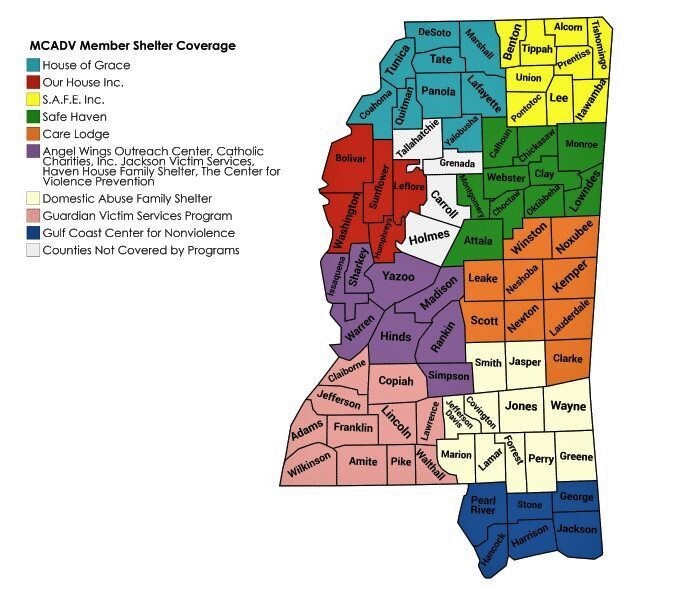
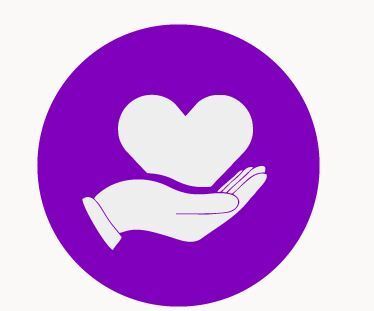
MCADV’s work is driven by the need to create social change, providing the effort necessary to create systemic change that will in turn prevent domestic violence for Mississippi residents. We continue to ask for your financial support of the statewide efforts that are necessary in making Mississippi a safe place for all. Your support goes directly to efforts in advocacy, access, and justice. Every contribution, no matter its size, moves our efforts forward. Join us in the fight to bring an end to intimate partner violence. Click the button below to make your donation.
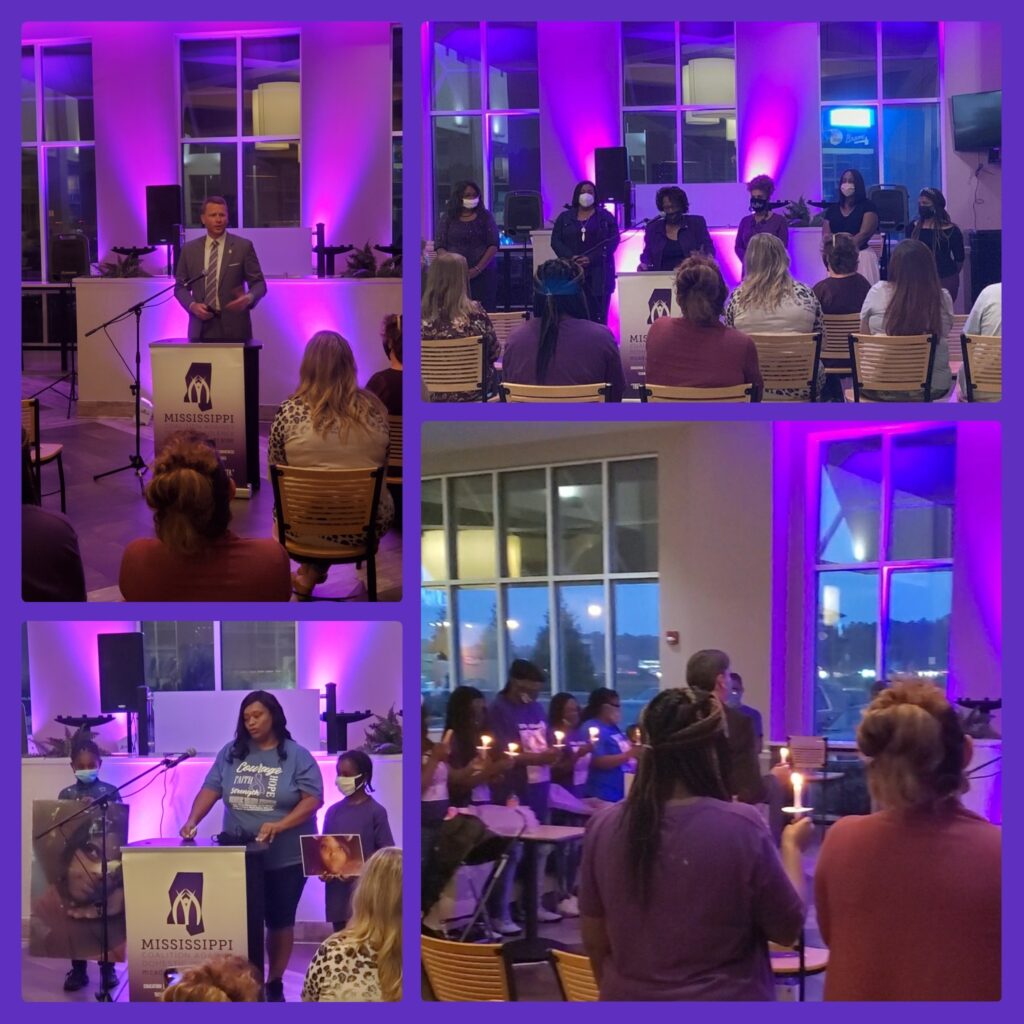
MCADV Hosts Candlelight Vigil in Remembrance of
Victims of Domestic Violence
During the midst of COVID-19, MCADV was dedicated to continuing the tradition of honoring those that lost their lives to domestic violence. Held at the Outlets of Mississippi, our Candlelight Vigil was an indoor event, with a warm and intimate setting. This year’s vigil looked different, but it provided family and supporters the opportunity to honor their loved ones lost to terrible and unfortunate circumstances.
As they walked through the door, attendees were welcomed with everything needed to stay safe and were provided space to practice social distancing throughout the event. The backdrop of purple lighting provided the perfect atmosphere to light candles in remembrance of loved ones.
The vigil was hosted by MCADV Board Treasurer, Dr. Gwen Bouie-Haynes. Community law enforcement shared their perspectives and experience with fighting domestic violence. Mothers of domestic violence victims shared their experience and sentiments with all. Names of loved ones lost were eloquently read by the Executive Director of Catholic Charities, Inc., Wanda Thomas. After each name was read, the crowd movingly repeated, “Remember my name.” U.S. Attorney Mike Hurst offered encouraging words and Pastor Chris Cumbest of Wells United Methodist Church ended the vigil with a comforting prayer.
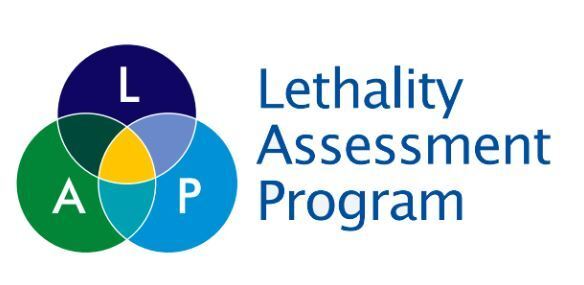
Understanding The Lethality Assessment Program
The Lethality Assessment Program (LAP) is an assessment intervention composed of a standardized, evidence-based lethality assessment questionnaire and a referral protocol that helps first responders provide a differentiated response tailored to the unique circumstances of high-danger victims of Domestic Violence or Intimate Partner Violence (IPV). Law enforcement officers and other community professionals trained in the LAP use an evidence-based lethality assessment instrument based on the pioneering research of Dr. Jacquelyn Campbell of John Hopkins University. The LAP is used to identify victims of intimate partner violence who are in the highest danger of being killed by their intimate partners and immediately connect them to a domestic violence program. The dual goals of the LAP are to educate intimate partner violence victim-survivors about risk factors for homicide and to connect them with support and safety planning services.
In the state of Mississippi many law enforcement departments are taking the initiative to include the LAP during responses to domestic calls. Byram Police Chief Luke Thompson and his department have been using a LAP and have seen many victories in protecting victims and survivors. Chief Thompson has been working with the Attorney General’s office and the Department of Health to create policy and implementation strategies in hopes that it will serve as a model for the state of Mississippi.
With help from Mississippi shelter programs like the Domestic Abuse Family Shelter (DAFS) in Laurel and the Center for Violence Prevention (CVP) in Pearl, law enforcement departments are beginning the work towards Lethality Assessment Programs in their departments. The Jones County Sheriff’s Department recently implemented its LAP with the goal that it will help them identify victims of domestic violence and provide them with immediate help. DAFS and the sheriff’s department have been working on this new policy since February 2020 and decided to implement the assessment protocol in October to coincide with Domestic Violence Awareness Month. With help from CVP, police departments in Pearl and Madison are working to implement a Lethality Assessment Program. MCADV has supported these efforts by hosting roundtable discussions about the importance of LAP and educating community partners on the impact that can be provided if more law enforcement departments use this instrument. For more information on this topic and other coordinated community responses email Policy and Systems Advocacy Coordinator Robin Jackson at robin.jackson@mcadv.org.
